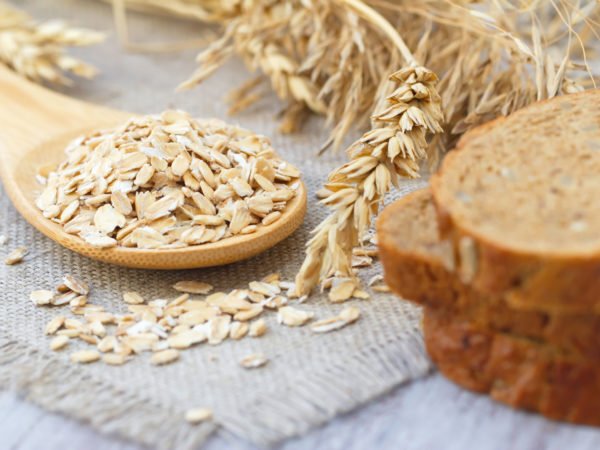Overdoing Iron?
When is taking iron on a daily basis recommended? I have a good friend who is taking it in liquid form to increase her energy. I have read that supplementing with iron may not be a good idea.
Andrew Weil, M.D. | September 22, 2011

It may not be. Unless you are a woman having regular menstrual periods, you should never take iron supplements except on the advice of a physician. The notion that you need extra iron to boost energy is an old one. In the past, we heard a lot about the prevalence of iron deficiency and the wonders of iron tonics to counteract fatigue and low energy. We now know that iron overload can be dangerous and may be much more common than anyone thought.
We all need iron to make hemoglobin, the oxygen-carrying red pigment of blood. However, iron is one of the few minerals we cannot eliminate (except through blood loss), and accumulations in the body can rise to toxic levels. Iron is an oxidizing agent that can increase the risk of cancer and heart disease. High iron intake can be especially dangerous for persons with hemochromatosis or iron overload disease, an inherited condition believed to affect as many as one million Americans.
Most of us get plenty of iron in our diets. The easiest source of iron for the body to assimilate is red meat. If you don’t eat meat, your best iron sources are whole grains, dried beans, cooked greens, apricots, prunes, raisins and food cooked in iron pots, especially if you take a dose of vitamin C (100 milligrams) with these foods (vitamin C greatly facilitates iron absorption). Vegetarians tend to have lower hemoglobin and red cell counts than meat eaters, but these values do not indicate deficiency states in the absence of symptoms such as fatigue. In fact, lower iron levels in vegetarians may help account for their lower risks of cancer and heart disease.
The only reason to take an iron supplement is if a blood test has revealed iron deficiency anemia, and you are advised to take it by your physician. The most common cause of iron deficiency (except in the case of pre-menopausal women with heavy menstrual flow) is bleeding in the gastrointestinal tract. This can be the result of a number of conditions and is also a potential side effect of taking nonsteroidal anti-inflammatory medications. The cause of iron deficiency anemia should always be determined and addressed before starting supplemental iron.
Andrew Weil, M.D.









